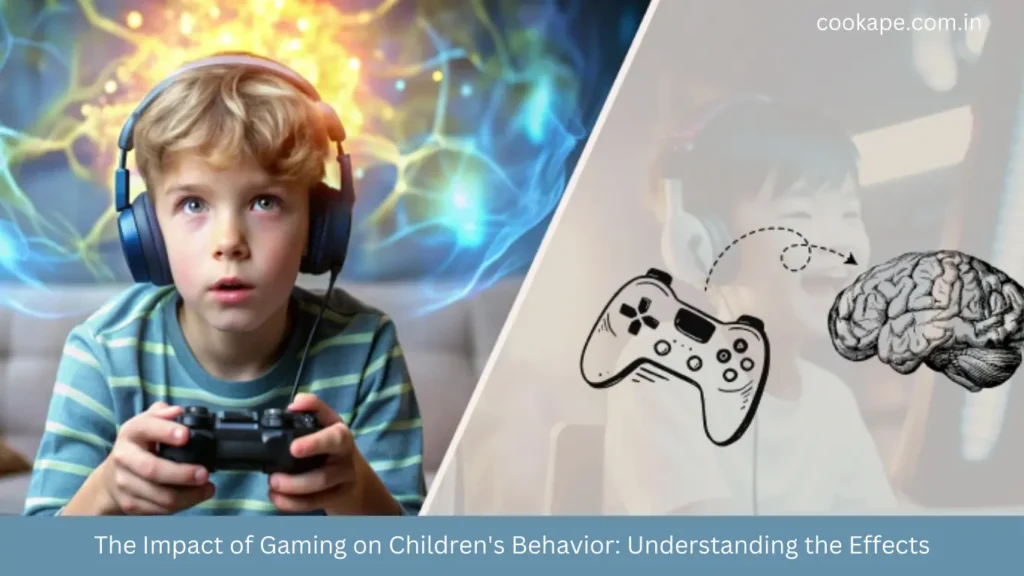Gaming has become a major part of modern entertainment, captivating people of all ages, including children. While video games can provide a fun and interactive experience, there are ongoing debates about their potential effects on children’s behavior. From fostering cognitive skills to influencing social interactions and emotional development, gaming has a profound impact that parents and guardians should be aware of.
The Positive Effects of Gaming on Children
It is essential to acknowledge that not all effects of gaming are negative. In fact, certain types of games can have positive outcomes for children. For example, strategy and puzzle games can improve cognitive abilities, enhance problem-solving skills, and boost creativity. Games that require teamwork can help children develop cooperation and communication skills. Even simple games can teach children patience, perseverance, and the value of setting and achieving goals.
The Influence of Gaming on Behavior
While there are benefits, there are also potential downsides to gaming, especially when it comes to behavior. Excessive gameplay, particularly with violent or aggressive-themed games, can lead to changes in a child’s temperament. Children who spend significant time playing violent games may show increased aggression, irritability, or frustration in real life. Additionally, a lack of moderation can lead to withdrawal from social activities and difficulties in establishing relationships outside of the gaming environment.
The Role of Online Gaming and slot Games
Online gaming has added a new dimension to how children engage with video games. Games like online slots, although popular among adults, can be especially enticing for children due to their visual appeal and ease of access. Even though Slot games may not typically fall into the category of games designed for children, exposure to similar online gaming content can affect behavior by fostering impulsivity and impatience. Children can develop unrealistic expectations regarding rewards and may struggle with delayed gratification as a result.
Behavioral Changes Linked to Excessive Gaming
When children spend too much time gaming, behavioral changes can become noticeable. These may include a decrease in academic performance, sleep disturbances, and increased levels of anxiety or depression. Additionally, excessive gaming can contribute to sedentary behavior, which is associated with health risks such as obesity and poor physical fitness. To mitigate these effects, it is important for parents to monitor their children’s gaming habits and encourage a balanced lifestyle.
Setting Boundaries and Encouraging Healthy Gaming Habits
Parents play a crucial role in guiding their children to develop healthy gaming habits. Establishing clear boundaries on screen time, selecting age-appropriate games, and promoting a mix of activities can help ensure that gaming remains a positive part of a child’s life. It’s important for parents to be involved in their children’s gaming experience, discussing the content and explaining the differences between reality and the virtual world.
Parents should also encourage children to take regular breaks and engage in physical activity to offset the potential negative effects of gaming. By promoting an active and balanced lifestyle, parents can help children enjoy gaming without it having an adverse impact on their behavior.
Conclusion
Gaming, when approached with moderation and guidance, can offer valuable cognitive and social benefits for children. However, parents should remain vigilant and proactive to prevent the potential negative consequences of excessive gaming, particularly with online gaming and slot content. By fostering open communication, setting healthy boundaries, and promoting well-rounded activities, parents can help ensure that gaming contributes positively to their child’s development.
